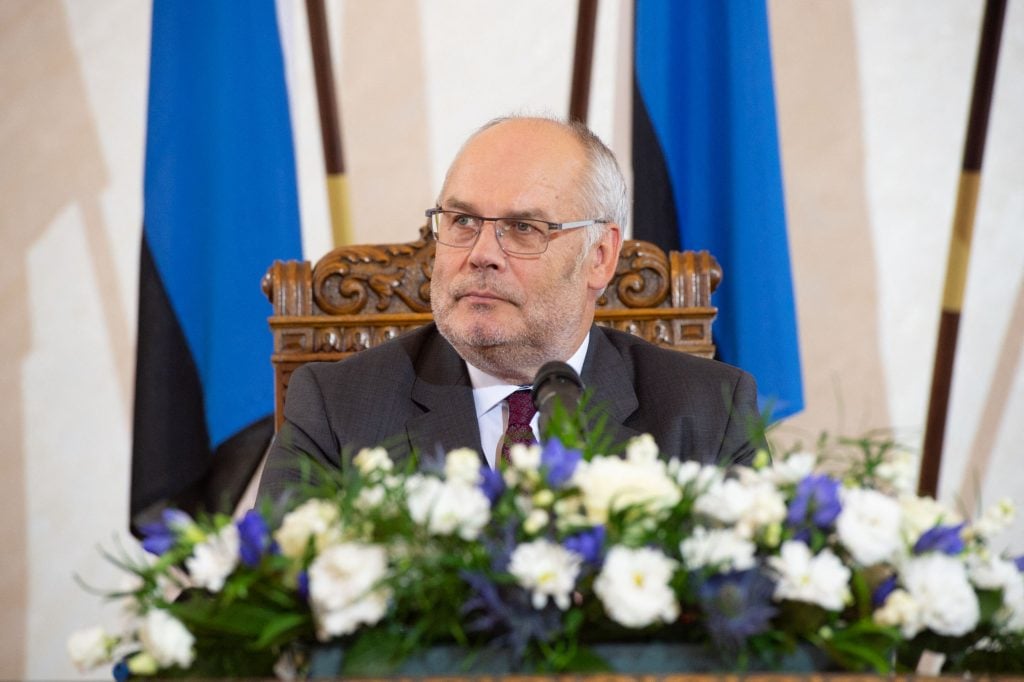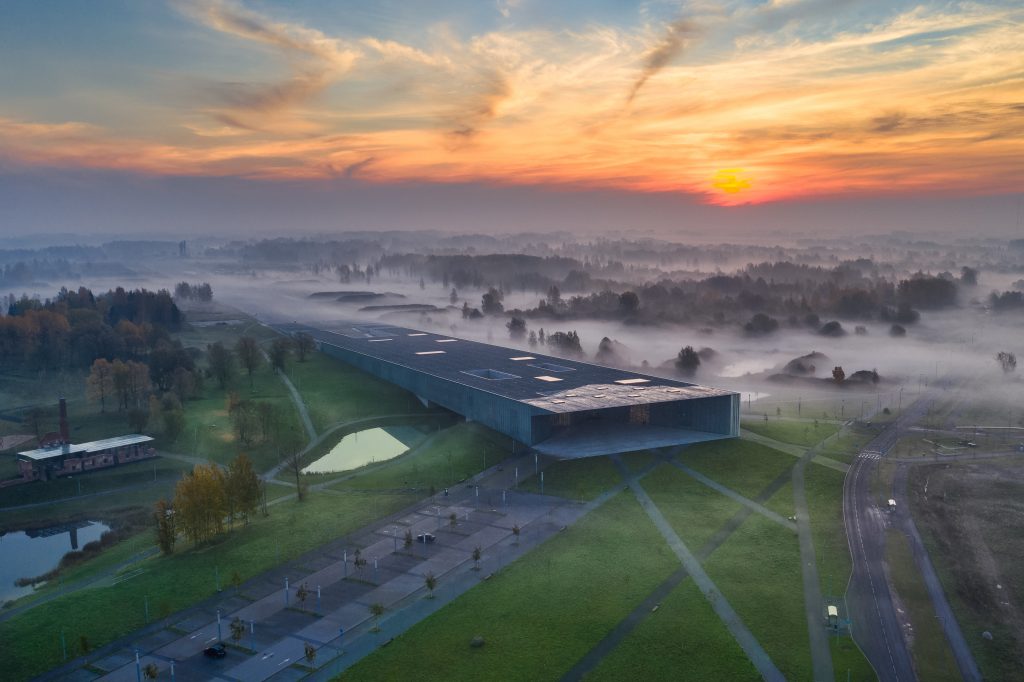Politics
The Director of Estonia’s National Museum Has Been Named President—of the Entire Country
Alar Karis ran uncontested in the election.

Alar Karis ran uncontested in the election.

Caroline Goldstein

Who says an art degree is useless? Certainly not the recently elected president of Estonia, Alar Karis, who has served as the director of the Estonian National Museum in Tartu since 2018. Karis ran unopposed in the country’s presidential election, and was voted into the largely ceremonial role with 72 votes from the 101 members of the Riigikogu parliament in his favor.
The single-candidate vote is a first for the Baltic state, which regained independence after being part of the Soviet republic in 1991. Former defense minister Jaak Jõerüüt wrote in an op-ed that “elections with one candidate belong to the Soviet era. It is unethical, but, strangely enough, legal,” according to the Associated Press. In reality, it is the prime minister of the country who holds the most political power, and many lawmakers are calling for the presidential position to be eliminated.

The Estonia National Museum. Photo: Tanel Kindsigo.
Karis will take up his new role on October 11, replacing current president Kersti Kaljulaid, the country’s first female head of state, whose five-year term expires on October 10. Kaljulaid, though popular with the public, has lost favor with her political peers because of her “outspokenness about fellow politicians and government policies.” Karis was endorsed by both the Reform and Centre parties, which comprise Estonia’s center-right coalition, though he has never served in the parliament or held any roles focused on foreign policy.
Karis has held numerous academic positions in Germany, the United Kingdom, and the Netherlands over the course of his career as a molecular geneticist and developmental biologist. Karis became a professor at the University of Tartu in 1999 and served as rector of the Estonian University of Life Sciences from 2003 to 2007 and rector of the University of Tartu from 2007 to 2012.
The Estonian National Museum was founded in Tartu in 1909 with a mission to develop and preserve the culture and history of the country. A large part of the museum’s remit is to protect and preserve the folk culture of the country including minority communities and Finno-Ugric peoples. The building underwent extensive renovation in the last decade, and is built around two permanent exhibitions focused on science and technology. “Encounters” focuses on the “past, present, and future through peoples’ experiences, lives, and emotions” and the exhibition “The Echo of the Urals” homes in on the culture of peoples living in northern Eurasia.